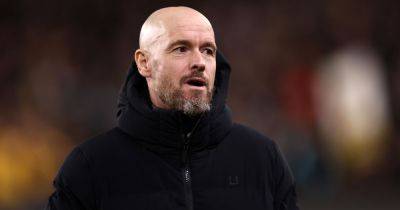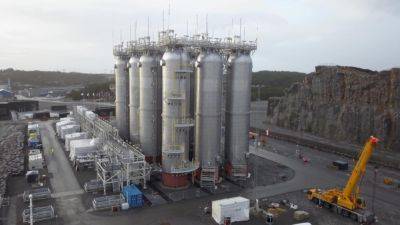What does the future hold for the European Green Deal?
In a bid to make Europe climate-neutral by 2050, the European Commission has rolled out landmark green legislation and aims to mobilise at least €1 trillion in sustainable investments over the next decade.
However, the deal has hit some roadblocks with mounting opposition from conservative lawmakers and some in the construction, agricultural and energy sectors, as the Commission races to meet its interim targets.
So, what does the future hold for the European Green Deal?
This is what Euronews Correspondent Sasha Vakulina asked Kyriakos Mitsotakis, the Prime Minister of Greece; Maroš Šefčovič, the Vice-President of the European Commission; Ester Baiget, the President and CEO of Novozymes, Denmark, and Maksym Timchenko, the CEO of DTEK, Ukraine, at the World Economic Forum in the Swiss resort of Davos last week.
The Greek Prime Minister highlighted his enthusiasm and continued support for the Green Deal, referencing the catastrophic floods that devastated parts of central Greece in September 2023.
“Since then, we've had a geopolitical shock, and it has also been incredibly clear that some of the solutions offered by the Green Deal make profound economic sense,” he said.
Greece has made significant progress in reducing its greenhouse emissions and boasts an increasing number of renewable energy technologies but according to the European Commission's Vice-President Šefčovič, Europe, as a whole, still has a long way to go in preparing for a carbon-neutral future.
"The Prime Minister knows very well that very often we cannot maximise our wind and solar power potential, we have so-called curtailment because our grids are not able to carry the electricity to the final consumers.
"Because the grids don't have that capacity or because








